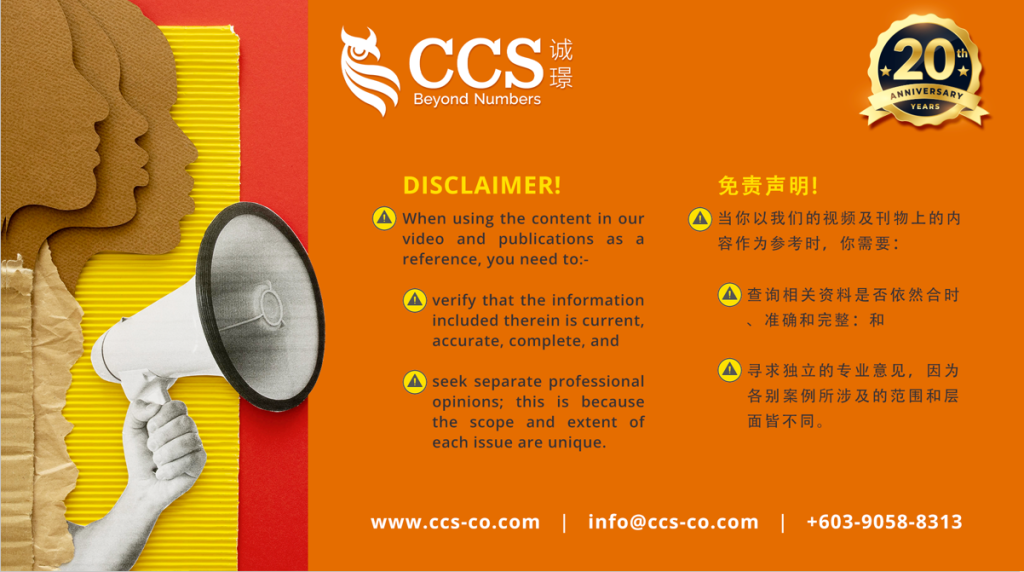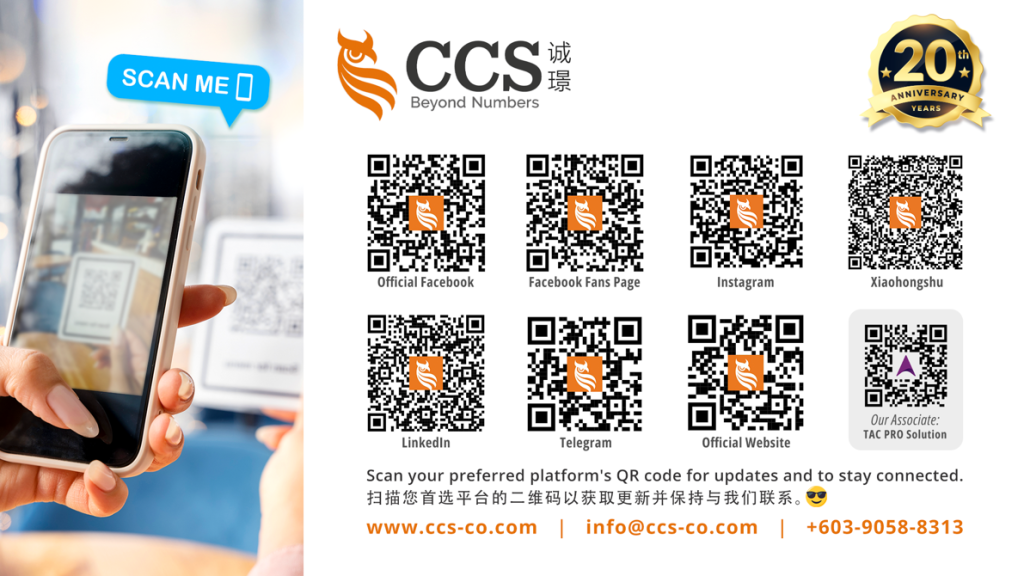The Inland Revenue Board of Malaysia (HASiL) has published the following draft Public Ruling (PR) on its website to solicit feedback from the public before finalising it: –
Draft PR on Tax Treatment Regarding Royalties for Payment of Software to a Non-Resident.
This public consultation’s primary objective is to gather stakeholders’ input and opinions on this draft PR.
It is important to note that HASiL has stated that all received views and comments may be disclosed publicly and will be taken into consideration. This public consultation for the draft PR is open for comments and should be submitted to [email protected] on or before 12 October 2023.

Something about this draft Public Ruling (PR)
This document is a public ruling issued by the Inland Revenue Board of Malaysia regarding the tax treatment of royalties for software payment to a non-resident.
It explains the distinction between royalties and service fees for software payments, discusses withholding tax requirements, and outlines the consequences of not deducting and remitting tax.
The ruling also covers relief and appeal processes, double taxation avoidance agreements, and withholding tax exemptions on royalties.
This draft Public Ruling (PR) explains the difference between royalty payments and service fees for non-residents’ software payments.
A royalty payment for software payments to non-residents is defined as a payment for the purchase or the use of, or the right to use, an application by the payer for its use. This includes any purchase of applications and contents as long as the intellectual property belongs to the original owner.
Regardless of whether it can be modified or otherwise, such a purchase still falls under the definition of royalty.
On the other hand, a service fee for software payments to non-residents is defined as a payment that does not involve the purchase or use of an application but is merely a provision of service by the non-resident.
The provision of service means the service provider develops relevant functions to be used by the payer. The income derived from such service falls under special classes of income and is subject to withholding tax under section 109B of the Income Tax Act 1967 (ITA).
Do you know what are the consequences of not deducting and remitting withholding tax on software payments?
Suppose a payer fails to deduct and remit any amount of withholding tax due to the Director General of Inland Revenue (DGIR) under subsection 109(1) of the ITA. In that case, that amount which he fails to pay shall be increased by 10% of the withholding tax he fails to pay, and the total sum shall be a debt due from him to the Government and shall be payable to the DGIR.
For example, if a company fails to deduct and remit tax of RM5,000 due and payable on a payment of RM50,000 chargeable to tax on royalty payments to a non-resident company, that sum which the company failed to pay shall be increased by RM500 (10% of RM5,000).
The total sum of RM5,500 shall be a debt due to the Government.
Furthermore, where the payment in respect of royalty income is subject to withholding tax under section 109 of the ITA and the payer fails to deduct and remit the tax to the DGIR in accordance with subsection 109(1) of the ITA, such payment will be disallowed as an expense in the computation of the adjusted income from any source of the payer.
However, if the payer subsequently pays the withholding tax together with the increased amount, that royalty payment made to the non-resident can be subsequently allowed as a deduction.
Do you know how a taxpayer can apply for relief or appeal a decision regarding the tax treatment of software royalties?
The tax treatment of software royalties is governed by the domestic tax laws of the country and any applicable Double Taxation Avoidance Agreement (DTA).
If taxpayers believe that their software royalties’ tax treatment is incorrect, they can apply for relief or appeal the decision.
Under the DTA provision, if the same income is taxed in both countries (Malaysia and a treaty country), the taxpayer (non-resident) may claim tax relief, known as bilateral credit, in the country where he is resident.
However, if the withholding tax is borne by the payer (Malaysian resident) instead of the non-resident, then the non-resident cannot claim the bilateral credit.
If Malaysia has not entered into a DTA or there is a limited DTA with a particular country, the domestic tax laws of Malaysia shall prevail.
In such cases, the taxpayer may need to consult with a tax professional or legal advisor to understand their options for relief or appeal.
It’s also important to note that the tax treatment of software payments can depend on the specific facts of each case.
Therefore, taxpayers should ensure they have accurate and complete information about their software payments when applying for relief or appealing a decision.










